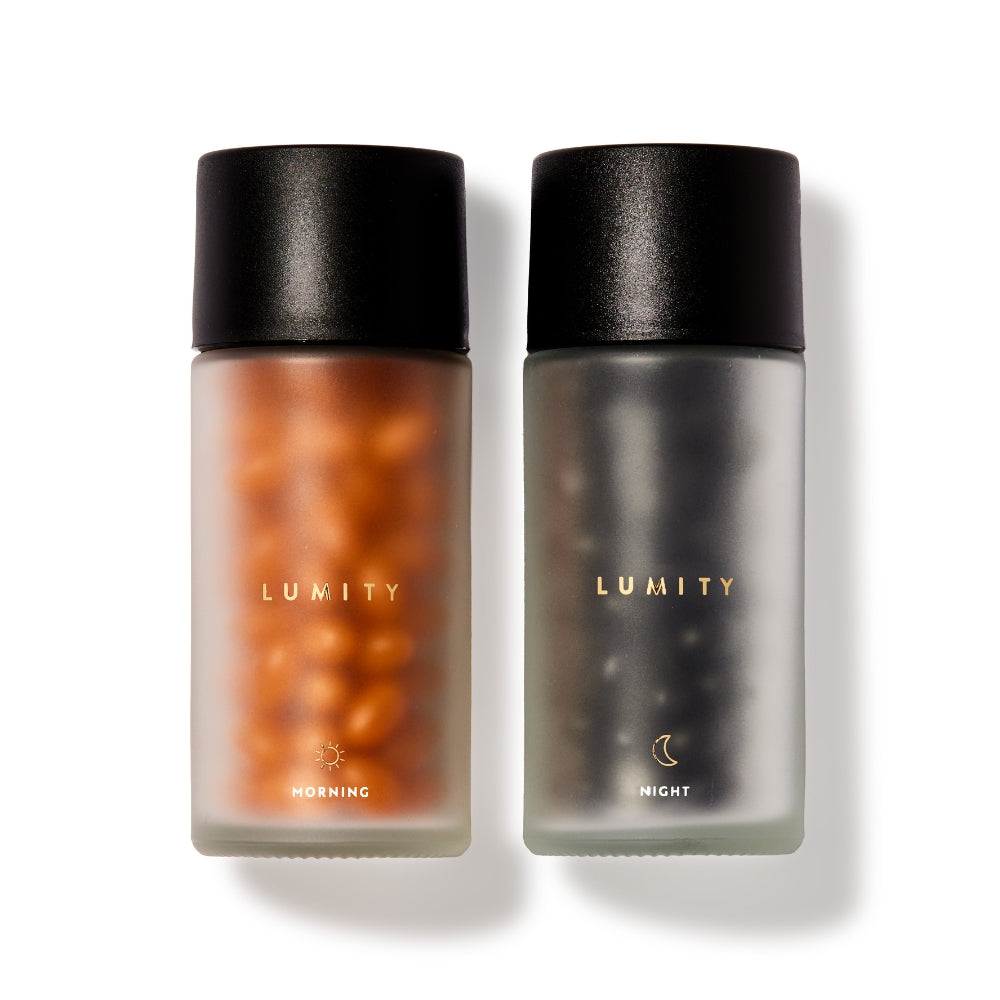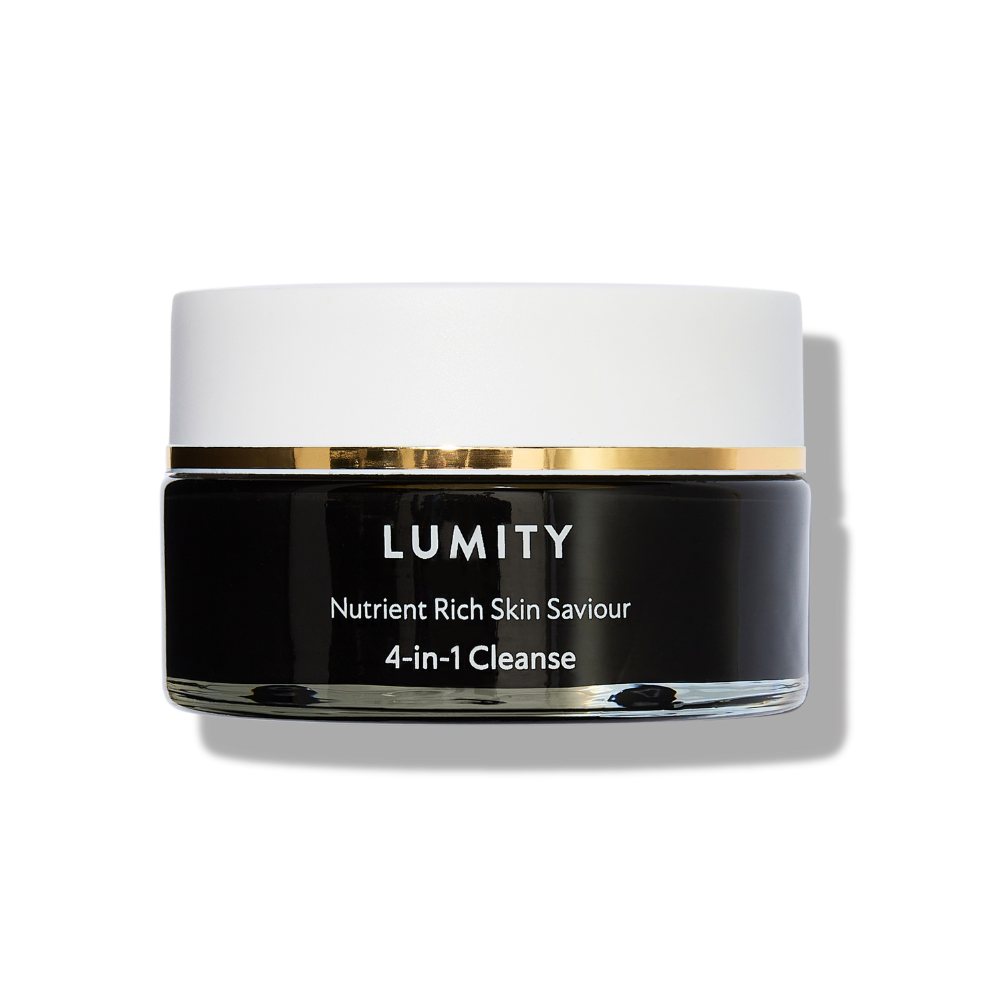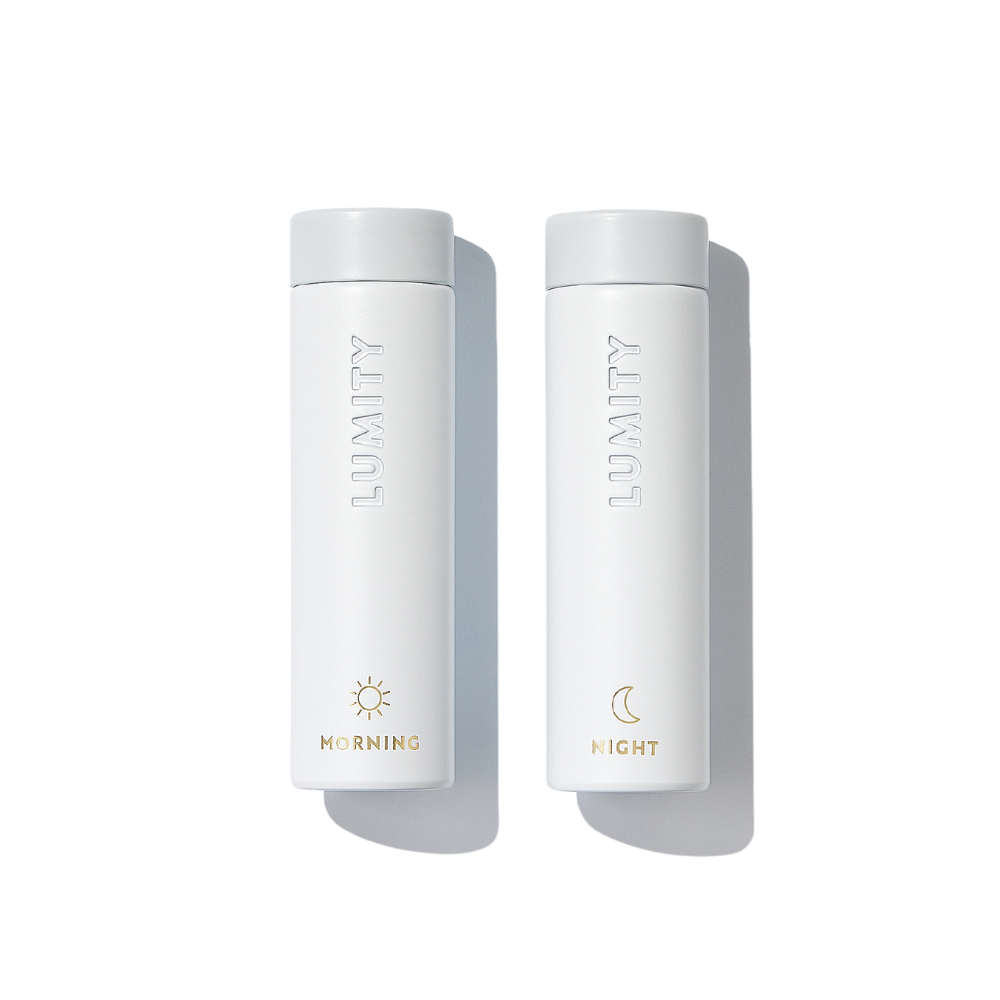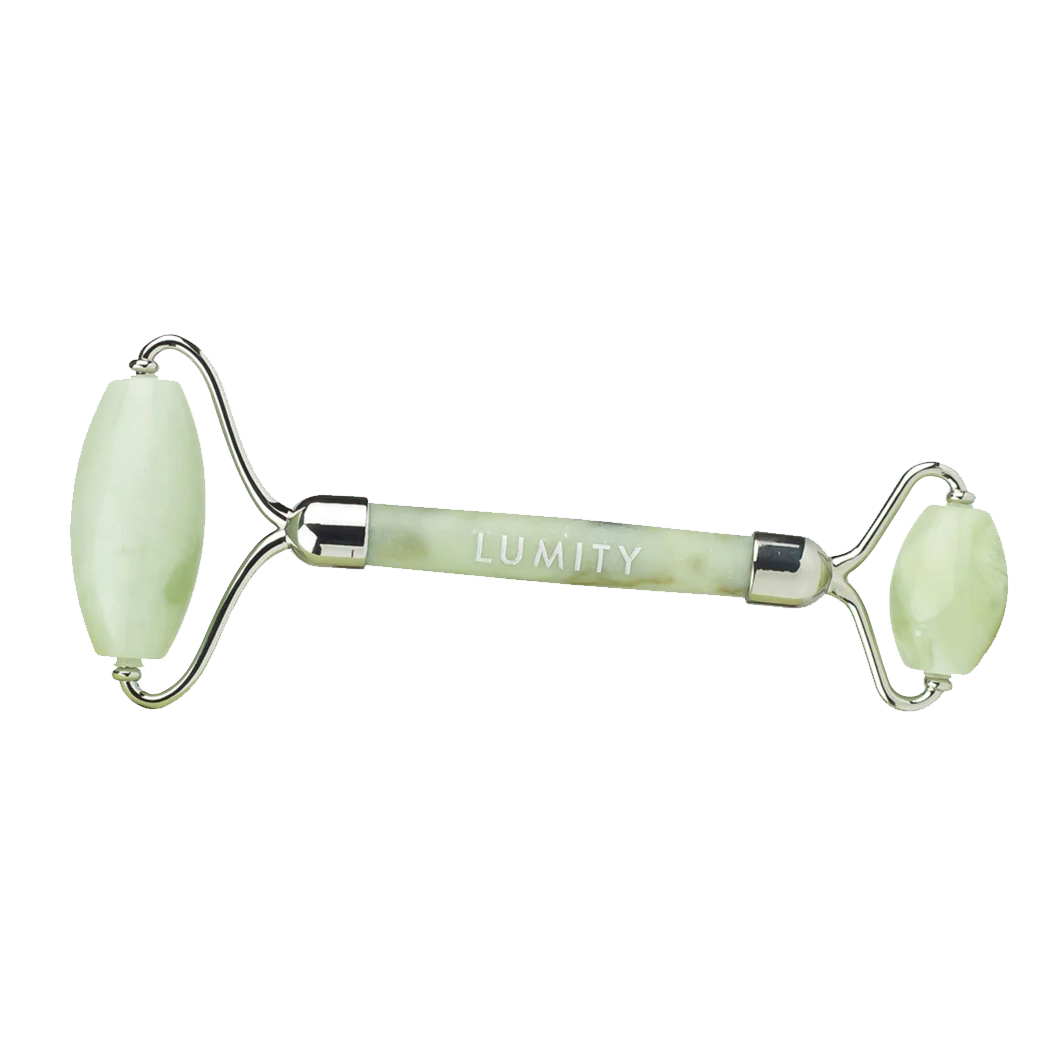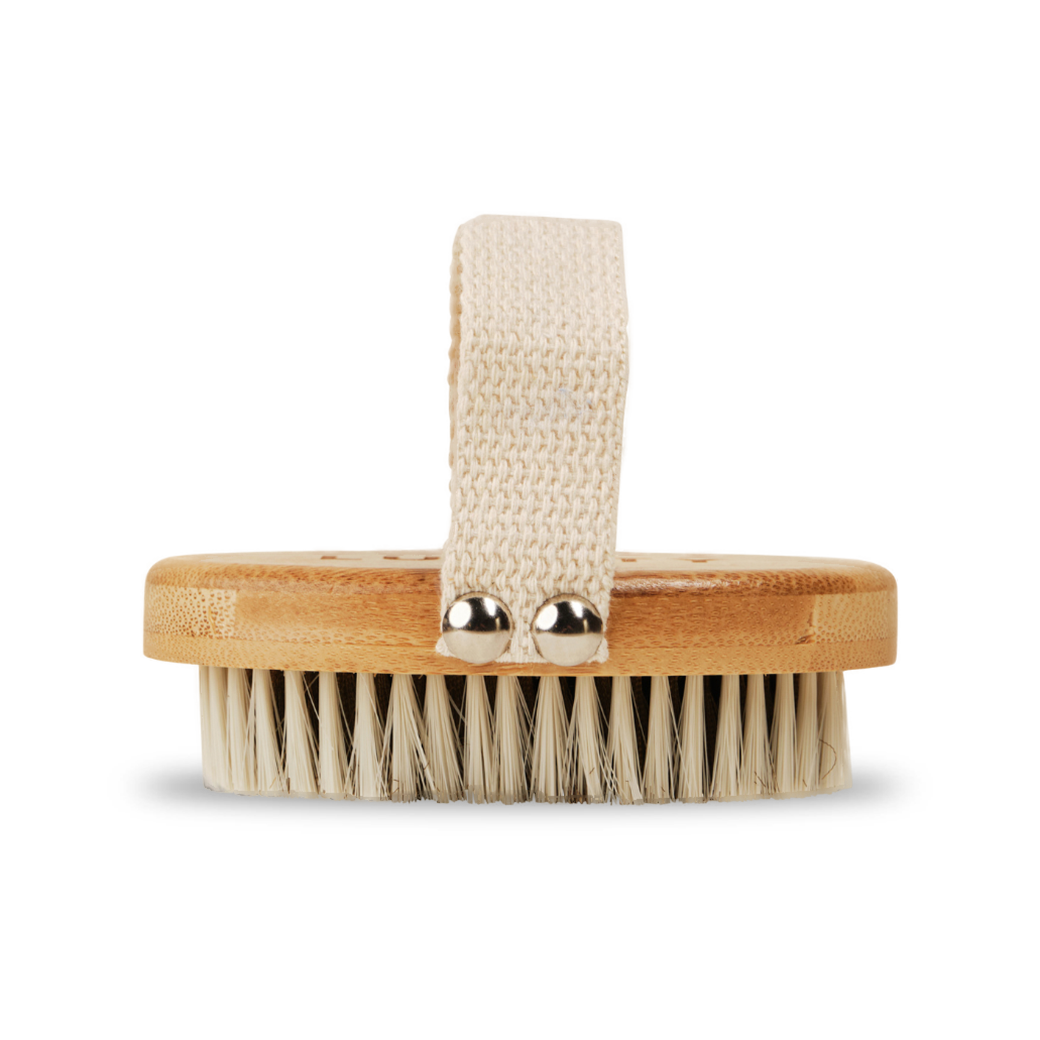
What are the signs of a weak immune system?

If you’re very fortunate, the immune system protects the body from infection, and you rarely notice it doing its work. But for those who have a weak immune system, infections can be a part of life and in some cases, can be deadly. If you’re wondering what the signs of a weak immune system are but don’t often catch seasonal coughs and colds and are rarely off sick from work, then the chances are that your immune system is perfectly healthy. Likewise, if you do often feel unwell due to seasonal maladies, or come down sick during hay fever season, your immune system could still be healthy.
You may be asking certain questions about immunity such as, is allergy a sign of a weakened immune system? – no. Is eczema a sign of a weakened immune system? – also no, and, are there signs my immune system is weak? – yes. We’ll answer those and more questions you may have about your immune health.
Signs of weak immune system in adults
The key sign of a weak immune system is that you’re suffering from very frequent infections that you just can’t seem to shake. These include; pneumonia, meningitis, bronchitis and skin infections occurring with alarming frequency. There are other symptoms of a weakened immune system, which include; autoimmune disorders, inflammation of internal organs, blood disorders or abnormalities, such as anaemia, digestive problems such as a loss of appetite, diarrhoea, and stomach aches.
Signs of weak immune system in child
For children the signs of a weak immune system are slightly different as kids often pick up stomach bugs and runny noses at school and this is normal as their body builds up natural immunity. Instead, growth and developmental delays can be a sign of weak immunity in babies and young children. If you’re in any doubt, consult your child’s doctor.
There are several illnesses and immune deficiency disorders that can cause a weak immune system. These include; certain types of cancer, HIV, viral hepatitis, malnutrition, some medications and medical treatments.
It is possible to have a mild immunodeficiency disorder and not even be aware of it, but often if you have an immunodeficiency disorder, you’ll probably notice that you’re prone to frequent infections.
The immune system is a sophisticated and complicated network that’s made up of white blood cells, antibodies, several organs and lymph nodes which work together within the body and react to protect us every day. There are ways that we can support and strengthen the immune system.
Take a quality, nutrient rich supplement
Certain vitamins and minerals affect the immune system and it’s possible if you have a vitamin C or a vitamin D deficiency that you might have weakened immunity.
Other vitamins and minerals that can support immune function include: vitamin A, vitamin D, vitamin E, zinc, plus omega 3 fatty acids such as flaxseed oil and amino acids such as alanine, lysine and arginine. With our food sources these days not being high quality, and us not being able to get all we need from food and diet alone, it’s best to take a quality daily supplement that includes these nutrients. Cheap multivitamins won’t help because they come in hard capsules that include fillers and binders and don’t help the body absorb immune health supporting nutrients as well as softgel capsules do.
Manage stress
Stress is a key factor that weakens the immune system and there’s research that shows that people who are under massive amounts of stress are far more likely to become sick. This is partly because stress burns up our stores of vitamins and minerals but also because stress wreaks havoc on the entire body.
Take steps to actively manage your stress and include yoga, meditation, plus relaxing hobbies such as gardening or reading into your life. If you’re very stressed consider removing the source of the stress whether that’s by changing jobs, or partners.
Get plenty of sleep
Lack of sleep goes hand in hand with stress when it comes to poor immunity because it disrupts the normal production of white blood cells, a vital component of the body’s immune system. Try to have at least eight hours of sleep per night if you’re an adult and make sure that young children and babies get lots of sleep to keep them healthy.
Nutrition is key for great immunity
Eating a healthy, balanced diet can improve your immunity and it’s vital to ensure that your diet is packed with nutrient rich vegetables and fruit. Too much sugar, fat and heavy white carbs can keep you awake due to inflammation so it’s worth cutting back on these for that reason alone.
Take daily exercise
As well as keeping the body strong, exercise causes the body to release endorphins that reduce stress levels. Aim for one hour a day, even if that’s just walking. If you know you have a weak immune system try not to push yourself too hard as that can weaken the immune system too.
If you have a weak immune system there’s also extra steps that you can take to help keep yourself healthy and avoid infections.
Frequent hand washing
The Centres for Disease Control and Prevention (CDC) recommends frequent hand washing for good health. They advise to wash the hands before, during, and after preparing meals and snacks, before eating, after blowing the nose, sneezing, or coughing, before and after treating a cut or another open skin wound, after having contact with someone who is unwell, after using or helping a child use the bathroom, after changing a child’s nappy, after touching an animal or animal food or waste and after touching household rubbish.
The CDC also advises that handwashing with soap and water can help protect children and minimise the number of deaths from pneumonia and diarrheal disease in kids under the age of 5 years.
Proper handwashing significantly reduces illness and decreases cases of infectious diarrhoea by 58 percent in people with a weak immune system.
Avoid people who are unwell
Avoid being too near to anyone who has a cold or another infection. Viruses and other infectious illnesses can spread from person to person through close contact and they spread in the water droplets that a person sprays into the air when they cough or sneeze.
Avoid close contact, such as hugging or kissing with someone who is unwell and avoid sharing food and drinks with the person.
Disinfect household objects
Germs that can cause illness can survive on certain surfaces in the home, such as door handles and walls so disinfect them regularly and make sure that visitors wash their hands often too.
In summary, if you’re worried about a weak immune system but are otherwise healthy, you can strengthen yours with certain nutrients, avoiding stress, taking regular exercise and getting plenty of sleep. If you know you definitely have a compromised immune system, because of an underlying illness, then take extra steps to protect your health.


